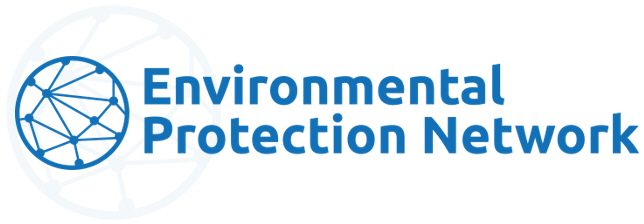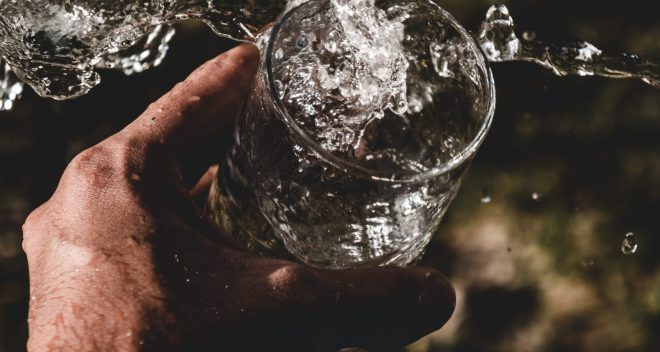Please share this information widely! And please sign up to receive these updates in your inbox every 2 weeks or so.
1) Environmental Justice Thriving Communities Grantmaking program: On Wednesday, EPA announced $600M to 11 Grantmakers to fund thousands of environmental justice projects across the nation over the next three years. This new grant program will make it easier for small community-based organizations to access federal environmental justice funding and access the benefits of the largest climate investment in history. Communities will be able to apply to a Grantmaker for a subgrant to fund a range of different environmental project activities, including (but not limited to) small local clean ups, local emergency preparedness and disaster resiliency programs, environmental workforce development programs for local jobs reducing greenhouse gas emissions, fenceline air quality and asthma related projects, healthy homes programs, and projects addressing illegal dumping. Funding should be available in summer 2024.
If you are interested and have not already, please fill out this survey for community organizations and other under-resourced entities interested in receiving pro bono assistance to create/envision projects for federal funding opportunities. In addition, you may want to learn more about the Anthropocene Alliance, which is the nation’s largest coalition of frontline communities working for climate and environmental justice, as they will be helping their members submit applications for community-led projects.
2) The Community Change Grants Program provides approximately $2 billion dollars in Inflation Reduction Act funds for environmental and climate justice activities to benefit disadvantaged communities through projects that reduce pollution, increase community climate resilience, and build community capacity to address environmental and climate justice challenges.
UPDATE: On a December 7th webinar for EPA’s Community Change Grants Program, EPA noted that although the final deadline is November 21, 2024, there will be initial award announcements in March 2024. Recognizing the need for organizations to try to apply early, EPN has updated our 6-step application guides for Track I and Track II with a suggested deadline of February 23, 2024. These guides include checklists, templates, and additional resources. As a first step, we encourage all interested applicants and potential partners to fill out our Partner and Assistance Survey so that you can use the responses (publicly available here) to find partners and share information.
In addition, EPA is offering technical assistance (TA) for preparing applications. Sign up now to request TA by filling out this form or calling (800) 540-8123 if you have any questions or need help in filling out the form.
3) CPRG Implementation Grants provide $4.6 billion across two grant competitions, one general competition and one specifically for Tribes and territories. Under these competitions, eligible applicants will compete to fund measures in their state-, municipality-, Tribe-, or territory-specific climate action plans.
UPDATE: Recognizing that tribes and territories may be interested in applying for both the General Competition (due April 1, 2024) and the Tribes and Territories Only Competition (due May 1, 2024), EPN has created a guide for Applicants Interested in Applying to both the General Competition and the Tribal and Territories Only Competition. Applicants can also access EPN’s step-by-step guides to the CPRG Implementation application process for those who are interested in applying to either the General Competition OR the Tribal/Territories Only Competition and to access the Conveners Network PCAP template.
If you would like to be connected to state officials working on this process to ensure your voice is heard on state priorities, please fill out our survey ASAP!
4) HHS Community Innovator Challenge: The U.S. Department of Health and Human Services Environmental Justice Community Innovator Challenge supports disadvantaged communities and Tribes facing the brunt of environmental injustices, including health harms due to climate change. This Challenge aims to uplift community-level solutions to address health inequities with prizes totaling $1,000,000 that will be awarded in two phases and participants will have access to a technical assistance opportunity in each phase of the Challenge.
Phase 1 will focus on design of an innovative concept to enhance community-driven efforts to mitigate health disparities and advance health equity or the development of an effective approach to support a previously developed concept. Entries for Phase 1 will be accepted until January 30, 2024. Phase 2 will focus on small-scale testing or implementation of well-developed approaches for community-led efforts to mitigate health disparities and advance health equity. Entries for Phase 2 will begin in Spring 2024.
HHS will also provide informational webinars on Tuesday, March 26th (5pm ET) and Wednesday, March 27th (5pm ET – Tribal Informational Webinar). To see recordings of past webinars and for additional entry details, go here.
5) EPA recently announced $30.7 Million in Grants to Support Water Systems–both drinking water and wastewater–in Small and Rural Communities with technical assistance and training. This grant provides funding to organizations that work side-by-side with water systems by giving them the necessary tools and training to ensure communities have safe drinking water and effective wastewater treatment systems. Questions about applying for EPA funding for training and technical assistance must be received by January 18, 2024, and applications must be received by February 2, 2024. EPA expects to award these cooperative agreements by summer of 2024.
6) The Funders Network, in partnership with the Urban Sustainability Directors Network, announced the opening of the latest round of the Partners for Places grant program. The program improves communities by supporting equitable sustainability projects that build partnerships between local government leaders, frontline community groups, and place-based funders in the U.S. and Canada. National funders invest in local projects developed through these partnerships to promote a healthy environment, a strong economy, and well-being for all residents. These matching awards provide partnership investments between $45,000 and $150,000 for one-year projects, or between $75,000 and $180,000 for two-year projects. One or more local foundations are required to provide at least a 50 percent matching grant for projects. The deadline to submit proposals is February 27, 2024.
Please also refer to our previous funding updates, including open requests for applications and assistance for FEMA’s Building Resilient Infrastructure and Communities (BRIC) and EPA’s Clean School Bus Rebate Program in our last update.

